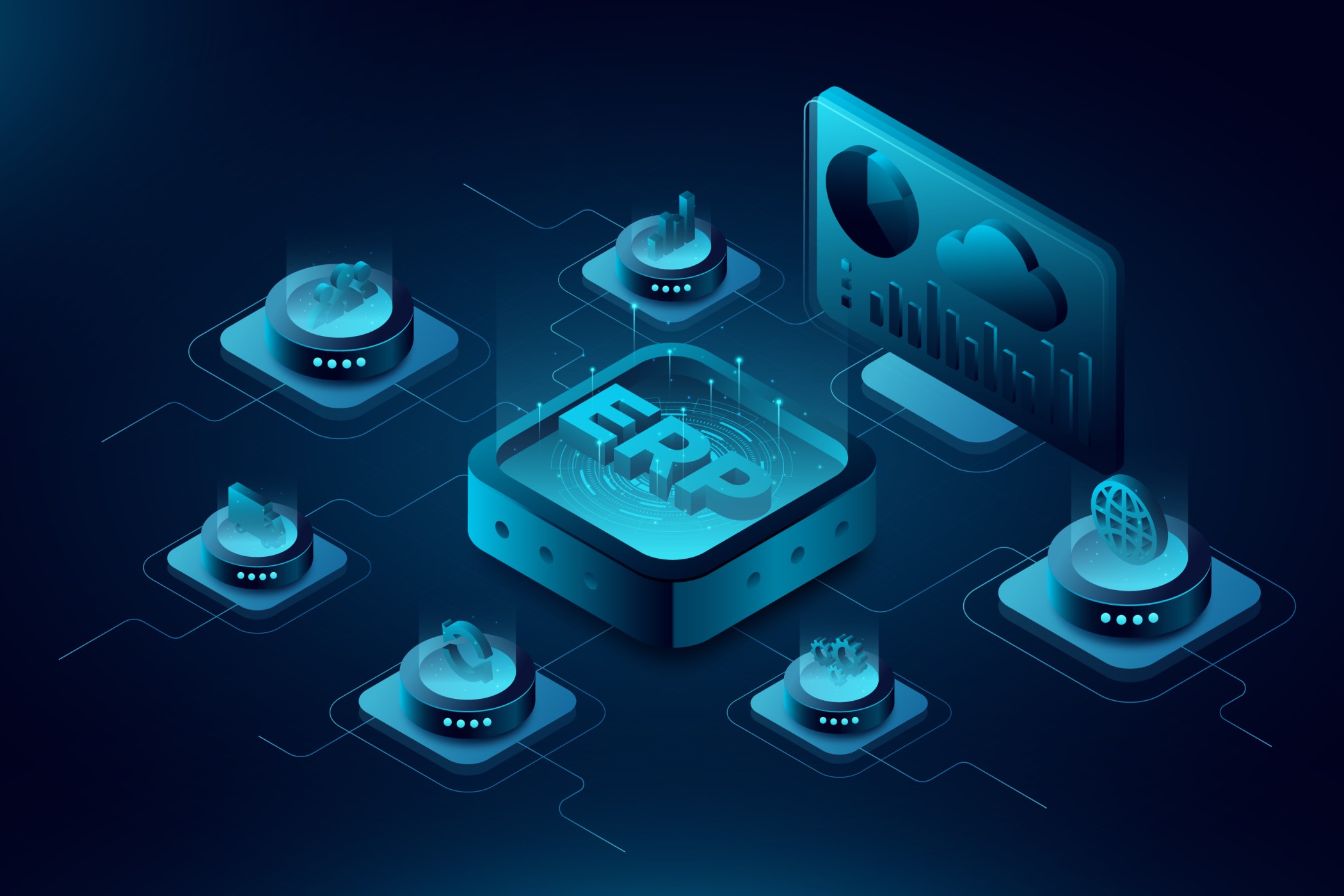Are you planning to use an ERP system in your business? You may believe that ERP systems are only for giant enterprises. However, this is no longer the case. You can now adopt cost-effective ERP solutions in Sri Lanka for the construction industry. But, before proceeding, you should analyse the most recent ERP trends in Sri Lanka. In this article, we will discuss the top trends in cloud base ERP for construction industry. Have a look!
Top Trends in Cloud ERP for Construction
Cloud ERP For Construction
Cloud technology provides scalability, flexibility, and accessibility. It makes it increasingly popular among Sri Lankan organisations. The global market for cloud-based ERP is to reach $130 billion by 2027. These solutions lower initial expenditures and facilitate remote access. Also, they are beneficial for firms with spread operations or remote personnel.
Mobile ERP accessibility
The rapid growth of smartphones and mobile devices is very evident. So, there is an increasing demand for ERP systems that provide mobile access. Mobile ERP software enables employees to access real-time data and collaborate from any location. As a result, people will be able to increase their productivity and responsiveness.
Industry Specific Customisation
Sri Lankan companies have distinct flavours and characteristics due to their industry verticals. Thats why ERP companies will provide industry-specific modifications to effectively fulfil these different needs. The future ERP system in Sri Lanka will focuses on offering tailored user experiences, encouraging staff collaboration.
It will allow users to personalise their workflows and engage more efficiently. It will also encourage customisable workflows, reports, and processes. Thus, it will reduce the learning curve, encourage quick adoption, and provide a significant productivity boost.
Advanced Analytics
The big data and analytics market can reach more than $655 billion by 2029. Sri Lankan enterprises understand the importance of data-driven decision-making.
Advanced analytics capabilities built into ERP systems help firms acquire actionable insights from their data. They will also predict trends, find opportunities, and mitigate risks more efficiently.
Emphasis on integration
Integration utilising standard APIs is becoming increasingly popular as cloud/SaaS ERP adoption grows. Customisable ERP solutions provide access to APIs and the ability to integrate niche third-party solutions.
It will allow businesses to simply add or remove features from their ERP solutions while maintaining greater control over both development and implementation.
“Enterprises are attempting to benefit from the introduction of next-generation technologies like IoT, analytics, and AI to grow their businesses. Leading ERP providers embrace this trend by integrating their products with these cutting-edge technologies, and IT executives are doing the same. It is now simple to combine an ERP solution with other satellite applications because of the availability of web services and JSON.” James Angel, Co-Founder of DYL.
Machine learning & AI
In 2025, there will be a further shift toward automation and the incorporation of machine learning and AI into ERP. AI-driven ERP systems will gain prominence in 2025 and beyond. It will allow for more advanced process automation and predictive data analytics. Artificial intelligence technologies, such as machine learning will help enterprises in extracting additional value from the ever-increasing volumes of data collected. AI will continues to enable businesses to get new, actionable insights, improve their operational procedures.
Throughout 2025, we can expect considerable changes in the critical functionality and implementation techniques of ERP solutions. New technology and operational workflows like cloud based ERP for construction will be used to stay ahead of the curve. It will allow organisations to streamline operations better, improve decision-making, and respond to changing market conditions. Get all the latest and most excellent features for manufacturing, engineering, workshops, and more.
Final Thoughts
In conclusion, cloud ERP is revolutionizing the construction industry by introducing trends like AI-driven project management, IoT integration, enhanced mobile accessibility, and real-time data collaboration. These innovations empower construction firms to boost efficiency, improve decision-making, and stay competitive in a challenging market. Blue Lotus 360 offers state-of-the-art cloud ERP solutions tailored to the unique needs of construction businesses in the UK, Canada, and Sri Lanka. Reach out to us today to harness the latest trends and elevate your construction projects to the next level!














